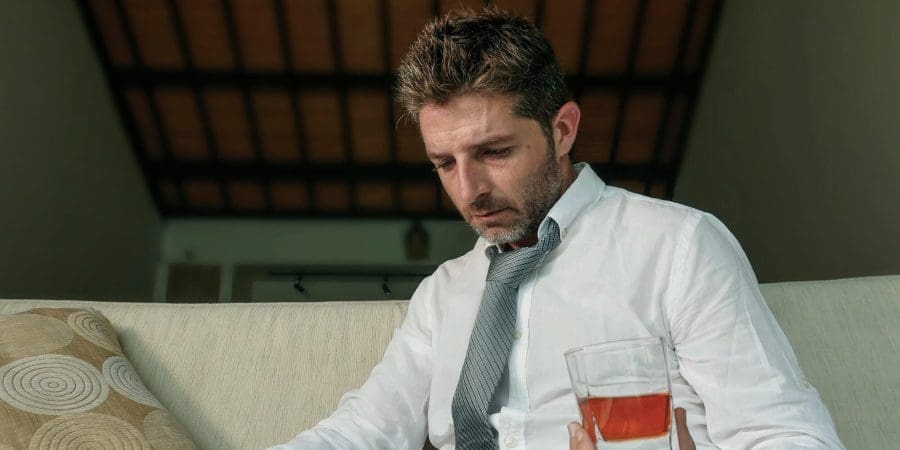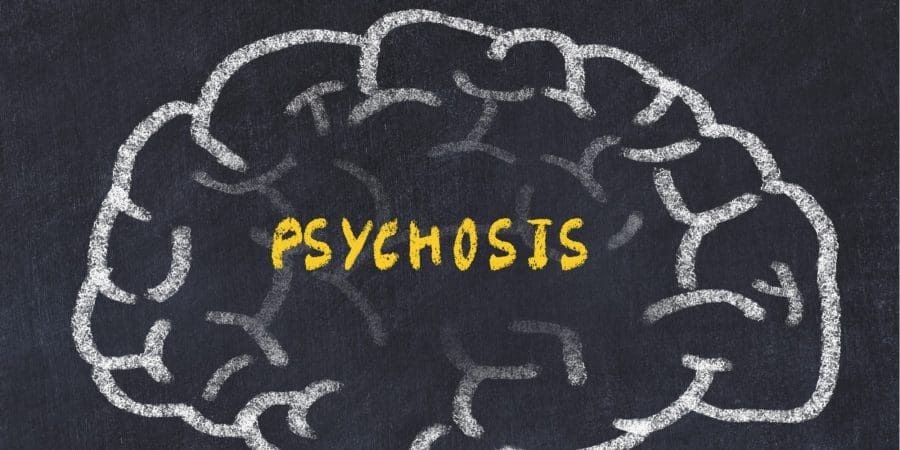Quieting the Storm: Strategies for Calming an Overactive Mind
Introduction: An overactive mind can feel like a whirlwind of thoughts, worries, and distractions that disrupt your peace. The good news is that there are effective techniques to bring calm to the chaos. In this guide, we’ll explore practical strategies to help you quiet an overactive mind and find a sense of tranquility.

1. Mindful Breathing: Practice deep, mindful breathing to anchor your focus to the present moment. Breathe in slowly through your nose, hold for a moment, and exhale through your mouth. This simple technique slows down your thoughts and centers your attention.
2. Grounding Techniques: Engage your senses by focusing on the present environment. Notice the texture of an object, listen to the sounds around you, or feel the ground beneath your feet. Grounding techniques divert your mind from overthinking and promote present-moment awareness.
3. Guided Meditation: Guided meditation apps or recordings offer structured sessions that guide you through relaxation and mindfulness exercises. These guided practices can help redirect your thoughts and reduce mental clutter.
4. Journaling: Write down your thoughts, worries, or to-do lists in a journal. Externalizing your thoughts can provide a sense of relief and help clear mental space, allowing you to focus on the present moment.
5. Mindful Observation: Choose an object in your surroundings and observe it mindfully. Pay attention to its details, colors, textures, and shapes. This practice redirects your mind from overthinking to focused observation.
6. Progressive Muscle Relaxation: Progressively tense and relax each muscle group in your body. This relaxation technique helps release physical tension and calms your mind as you focus on the sensations.
7. Limit Screen Time: Digital devices can contribute to mental clutter. Set boundaries for screen time, especially before bedtime, to allow your mind to unwind and transition to a calmer state.
8. Engage in Creative Activities: Activities like drawing, painting, playing a musical instrument, or crafting engage your mind in a focused, creative process that redirects your attention away from overthinking.
9. Practice Mindfulness: Mindfulness involves observing your thoughts without judgment. When your mind races, acknowledge the thoughts without getting caught up in them. Gently guide your focus back to the present moment.
10. Create a Relaxing Environment: Set up a calming space with soothing colors, soft lighting, and comfortable seating. This environment can help your mind associate the space with relaxation.
11. Physical Activity: Engage in physical activities you enjoy, such as walking, jogging, yoga, or dancing. Physical movement releases endorphins and provides an outlet for mental restlessness.
12. Prioritize Self-Care: Engage in regular self-care activities that bring you joy and relaxation. Taking care of your well-being can help prevent mental overload.
Conclusion: Quieting an overactive mind requires patience and consistent practice. By incorporating these strategies into your daily routine, you can regain control over your thoughts, find inner peace, and enjoy a more serene state of mind. Remember that finding what works best for you might involve a combination of techniques, so be open to exploring and adapting to discover your own path to mental calmness.
How Ridgeview Hospital Can Help
When you enroll at Ridgeview Hospital, you are taught techniques that can be applied even after you’ve left. With that being said, emotional sobriety starts when individuals receive dual diagnosis treatment for both their addiction and any coexisting mental health disorder.
If you have a dual diagnosis, co-occurring substance use treatment is one of the most effective treatment programs you can partake in. While participating in this program, you will learn ways to treat the symptoms of your addiction and psychiatric illness through a combination of methods.
Our co-occurring substance use treatment options include:
- Cognitive behavioral therapy
- Group therapy
- Recreational therapy
- Relapse prevention planning
- 12-step programming
In addition, Ridgeview Hospital’s adult psychiatric program is designed to be comprehensive enough to treat various mental health issues but flexible enough to accommodate individual patient needs.
Achieve Coping With Substance Withdrawal Symptoms at Ridgeview Hospital
At Ridgeview Hospital, our Middle Point, Ohio, center is dedicated to helping people get clarity by finding physical and emotional sobriety. In addition, our adult mental health program is designed to help you overcome your addiction and establish a strong foundation for sustained recovery.
From the moment you arrive, our team will work with you to create a plan to help you maintain physical and emotional sobriety.





















